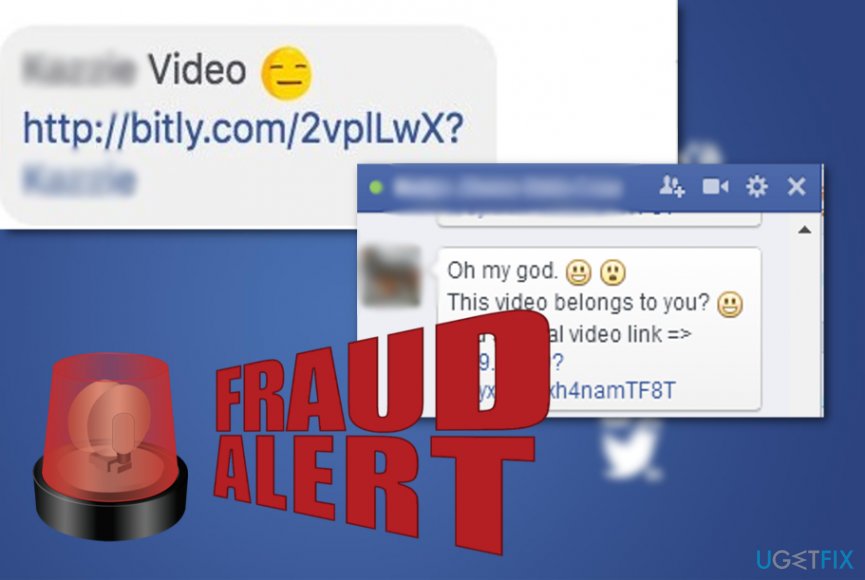Facebook Message Virus Strikes Again with a New Veneer
If you have bittersweet experience dealing with Facebook message/video virus last year, get prepared for its another round. In case it’s news for you, then it is high time you armed with knowledge and security tips. Got a message from a friend with the video link containing your profile video? You might not want to click on it as it is simply a scam.
Why does the Video Have My Profile Picture?
If you have received the message from your friend, it does not necessarily mean that they wrote it. When you click on the link, which seems to be a video about you, it redirects you to another web page which to install a specific player. Interestingly, that this time the scam is more elaborate than last year. There are different scenarios.
If you open the link via Chrome, the link redirects you to a fake YouTube page. In order to play the video, you are asked to enable a shady browser extension. It has no rating. However, note that it might be named after legitimate extension available on the Chrome web store.
Mac OS Safari and Mozilla users, instead of counterfeited YouTube page, find themselves in the web page promoting fake Flash Player installer. The window pops up asking you to install a dubious video player.
IT experts warn that enabling the extension or downloading the installer leads to getting infected with adware. Let alone this unnecessary and bothersome presence on the system, all your Facebook contacts will receive the identical message but with their profile picture on the video.
The Malware Already Went Viral
It is quite surprising how many users took the bait despite this spam technique being quite old. What is more, there is also a sort of frequency of this campaign. It starts terrorizing Facebook community every year or once in half a year.
Users in Germany, Netherlands, France, US, New Zealand and Australia reported spotting the scam. If you can’t help and click on every link you get from your contacts, note that next time you might be dealing with more elaborate threat than adware.
Since perpetrators find new and more effective hacking techniques, it might be a matter of time when they will strike with more menacing malware. Note that recent cases of adware already suggest that getting infected with a PUP might cause sever cyber issues. If you are wondering how you can outwit the perpetrators and avoid meddling with the scam, take note of these tips:
- Real video link shows its picture and the video player, in case of a scam, besides the link, no image of the video is visible
- Do not click on any random links, which lead to unknown sites, open those links which contain YouTube, Daily Motion and other well-known players' references in the URL link
- Note that the malware message does not contain any additional comment only an emoji



